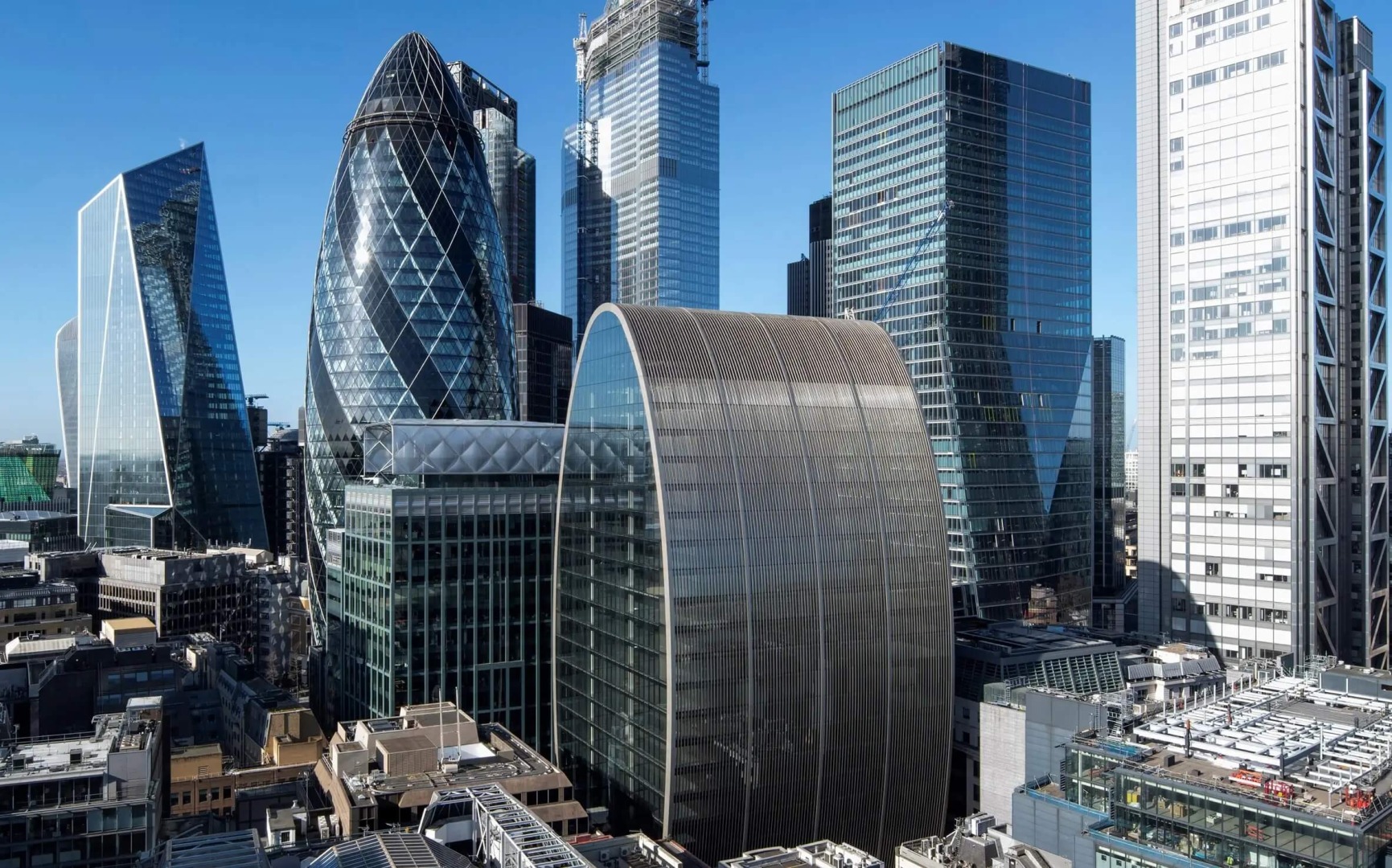Comments
- No comments found

Britain’s economy grew at a slower pace than first thought.
The UK economy grew by just 0.1% in February, despite a strong resurgence of both inbound and outbound tourism activity - including travel agencies, hotels, and tour operators.
Business leaders expressed caution about the current outlook. The slowdown in the U.K economy is mainly due to consumer spending growth cooling and a reversal in investment – from strong growth to contraction.
The ONS highlighted the impact of supply chain problems and energy issues, which businesses have been struggling with for several months as they adjust to labour shortages and disruption at container ports.
Nearly half of the economists surveyed point to low demand due to the covid-19 pandemic, war in Ukraine, energy crisis and Brexit as major causes for this productivity slowdown.
Growth has slowed sharply since January, when gross domestic product (GDP) jumped by 0.8% as people returned to normal life following a surge in Omicron rates in December 2021.
Despite a rise in tourism, the economy was dragged down by a fall in production, which slipped by 0.6% and construction, which fell by 0.1%, the ONS said.
Car production in particular has fallen steeply in recent months, pushed down by the ongoing chip shortage and the closure of Honda's plant in Swindon.
Growth of output per worker has declined dramatically since the global financial crisis of 2008-09. Output per hour and real wages are now no higher than they were prior to the financial crisis.
Output per hour decreased during the last two quarters of 2018 and the first two quarters of 2019.
Growth was also hampered by the reduction in the NHS Test and Trace and vaccination programmes, which made a strong contribution to GDP at the start of the year, according to Darren Morgan, director of economic statistics at the ONS.
The UK's economy grew by 7.4% last year in a record rebound from a devastating 2020, when it suffered its biggest annual fall since just after World War One.
But last month, Chancellor of the Exchequer Rishi Sunak revised down the UK's 2022 growth forecast to 3.8% from 6% in light of the growing cost of living crisis and surging energy prices following Russia's invasion of Ukraine.
The average UK household will experience a £2,553 drop in income this year, half of which is as a result of the invasion of Ukraine, according to the Centre for Economics and Business Research (CEBR).
Britain has still not caught up with its losses during the pandemic.
There is also expected to be a considerable jump in the prices we pay at the supermarket and petrol pump.
The U.K. economy continues to recover post Covid-19.
Leave your comments
Post comment as a guest